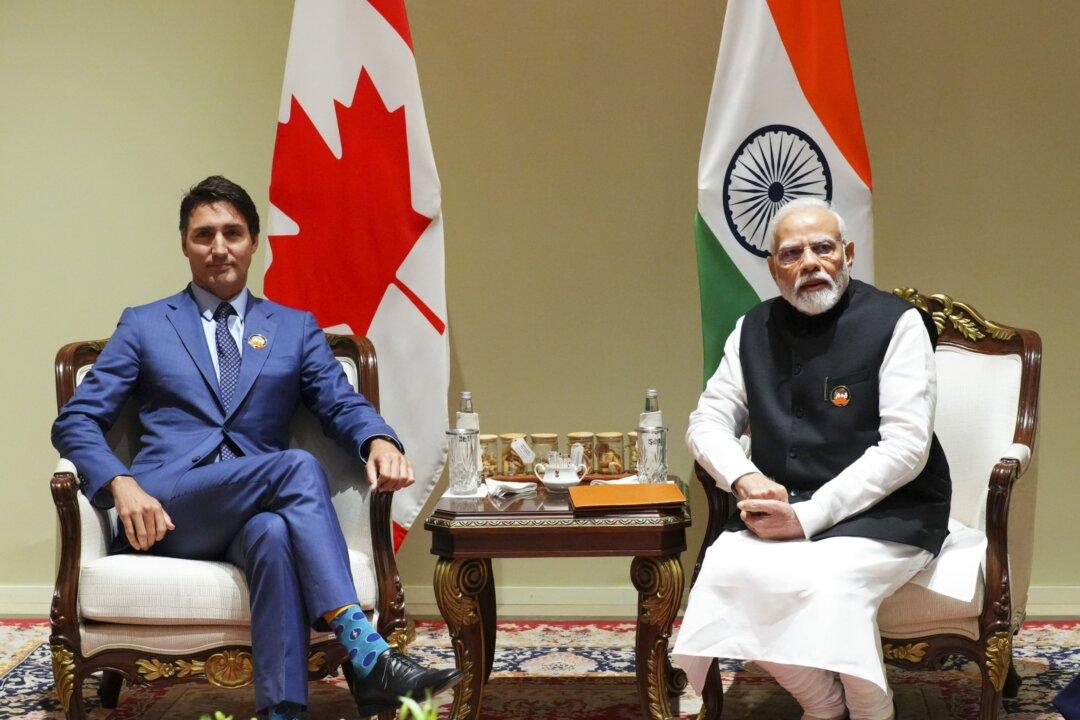The Indian government has responded in kind and ordered the departure of a senior Canadian diplomat after Ottawa made accusations that New Delhi was involved in the murder of a Sikh activist in Canada.
“The decision reflects [the] Government of India’s growing concern at the interference of Canadian diplomats in our internal matters and their involvement in anti-India activities,” says a Sept. 19 statement by the Indian Ministry of External Affairs.





